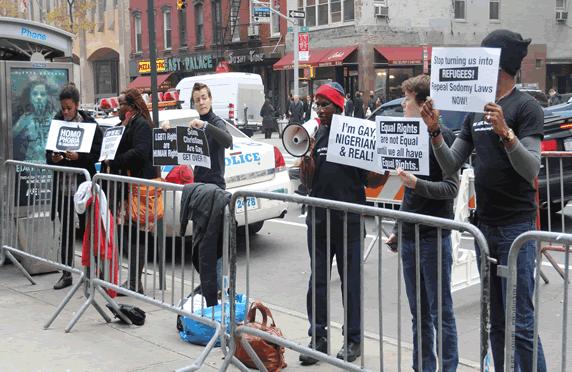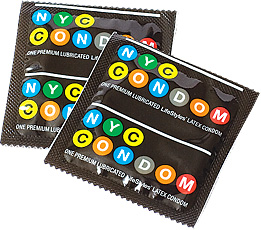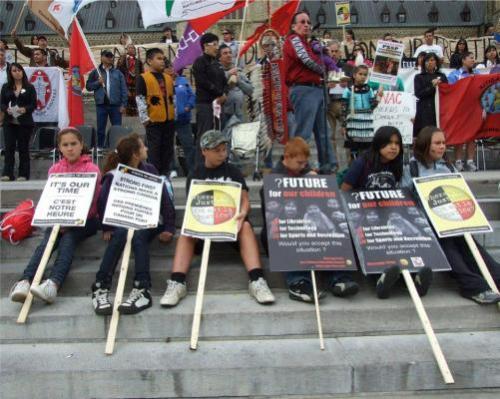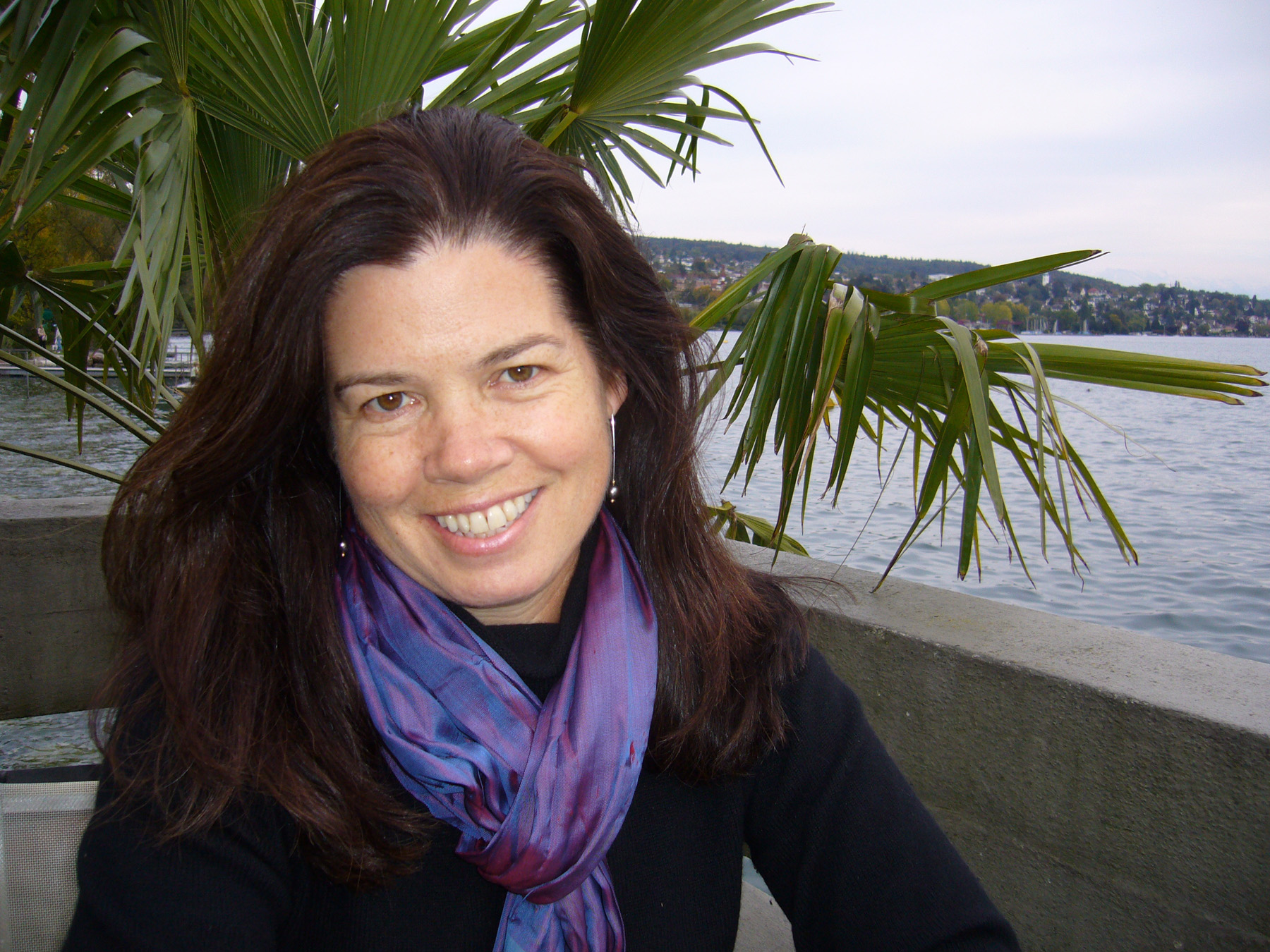Notes from the field: Indonesia’s water justice movement
Reza sits on the couch in the reception area of KRuHA’s shared office in South Jakarta, chatting with two visiting PhD researchers about the current state of Jakarta’s water crisis. KRuHA is the Indonesian language acronym for the People’s Coalition for the Right to Water, and, with the help of an SYLFF Summer Research Grant, I travelled to Jakarta in August to research Indonesia’s small, but vocal, water justice movement. Specifically I was interested in how this movement was engaging the human right to water (see another blog post of mine on the evolution of this new right) as an advocacy tool, and the sorts of opportunities and challenges the human rights framework might present organizations like KRuHA.
Meeting KRuHA
It’s common for students, journalists and fellow NGO activists to drop by this small office and discuss the country’s ongoing water woes, particularly those faced by Jakarta – drought, worsening pollution and decreasing quality of drinking water, increasing tariffs, and intermittent supply....




